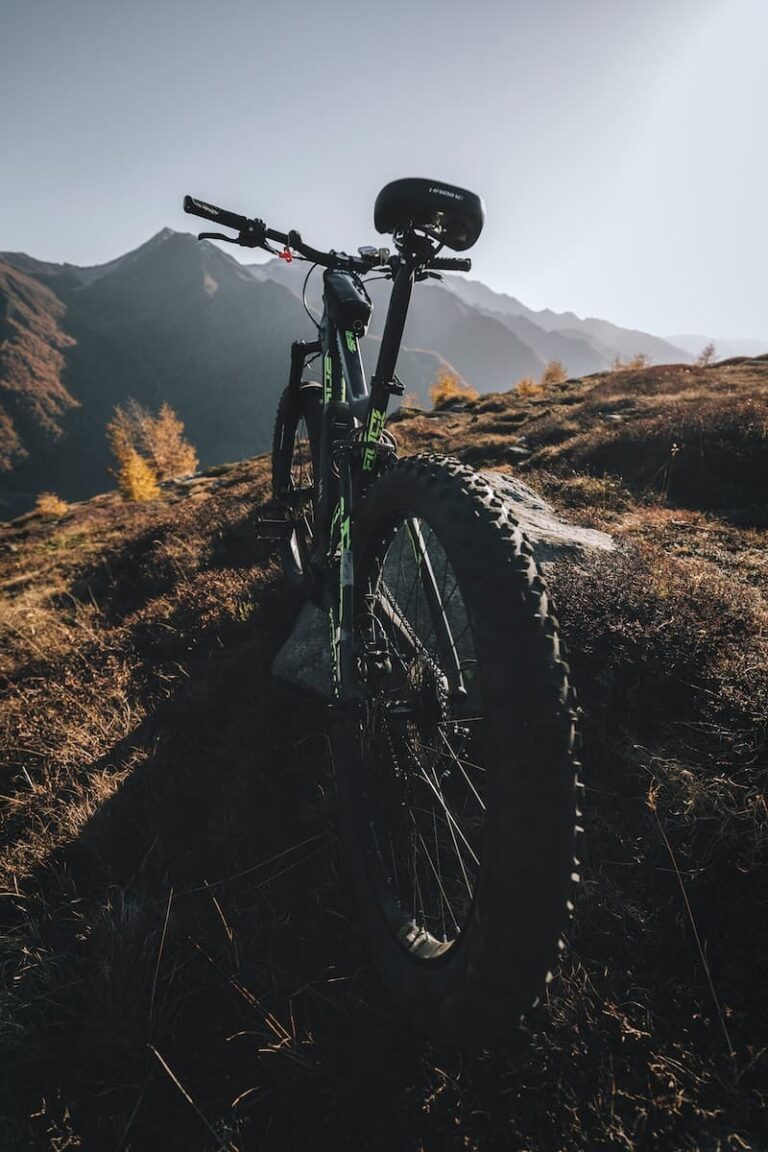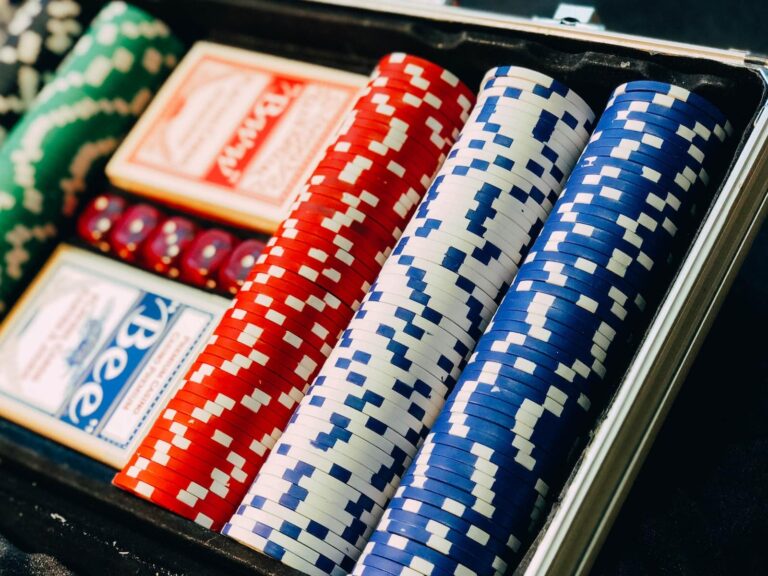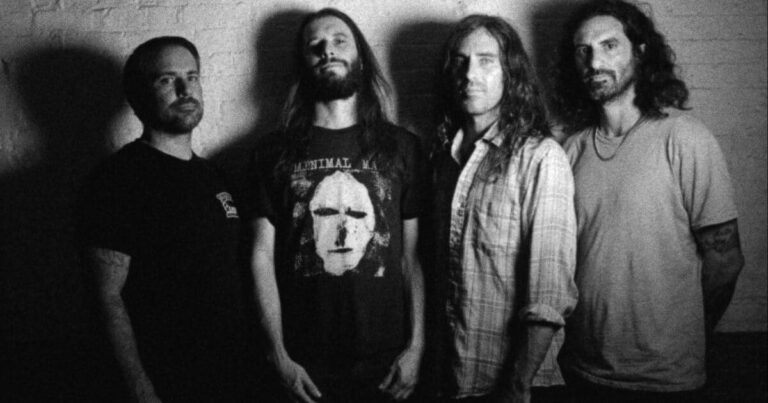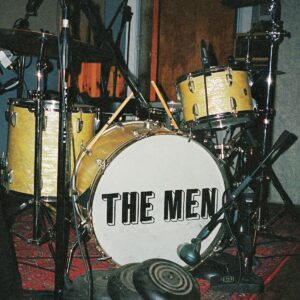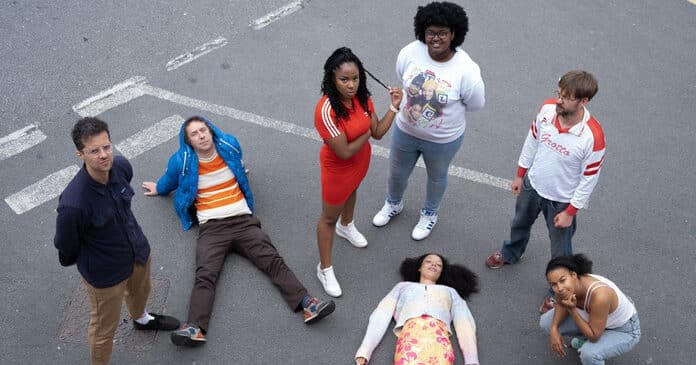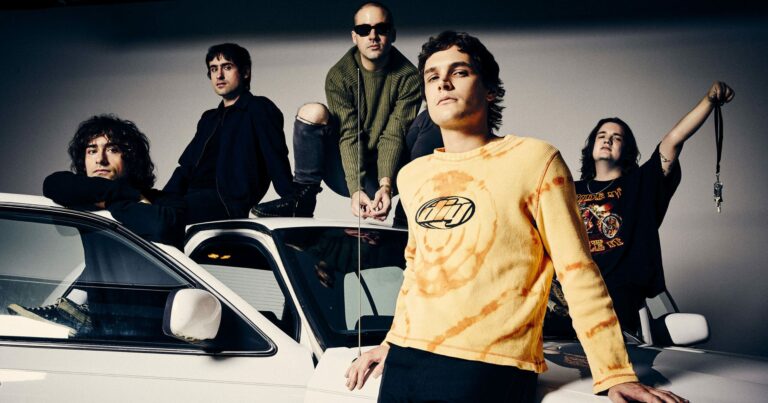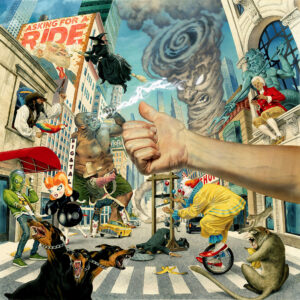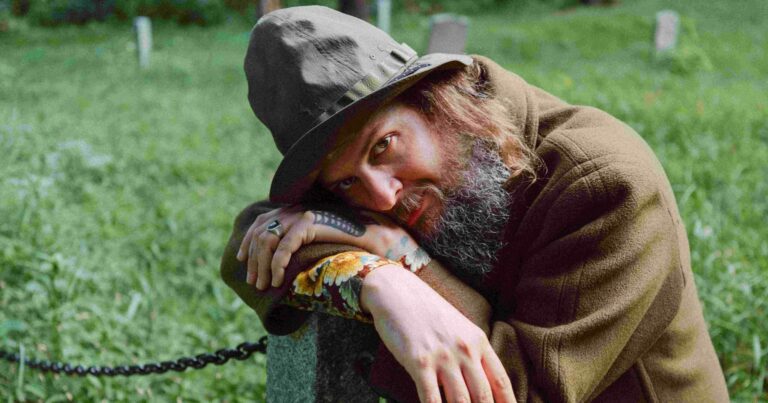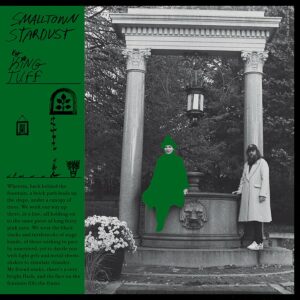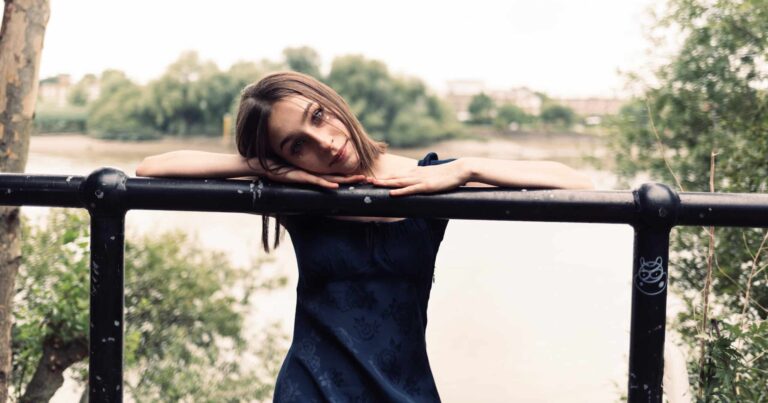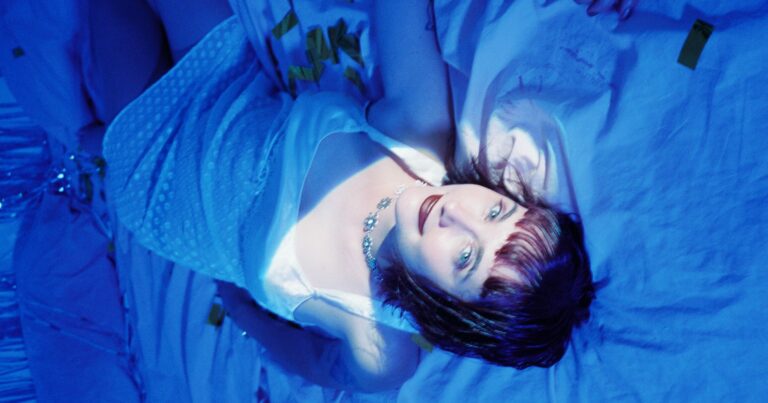If you’ve been experimenting with a number of biking trousers lately and inevitably failing, this article will help you find the best mountain bike trousers by introducing you to the seven top features that you need to look out for.
The MTB trousers have come a long way in terms of fabrics, tailoring, breathability, and performance. Previously, you might’ve experienced a lot of wear and tear with your existing (or worn-off) trousers; so it’s probably time to get one that’s worth the money and time.
An ideal MTB trouser must be something that is comfortable in different weathers, breathable, and protective for your legs, while at the same time, warm and lasting.
So, let’s find out how to choose the best mountain bike trousers based on specific features.
7 Top Features That Make Your MTB Trouser Stand Out
Just as you are better off buying the best mountain bikes for trail riding, the importance of appropriate trousers is also undeniable. A perfect pair of trousers is an inseparable part of your overall riding gear.
All those harsh trails and unknown tracks will always take a toll on your mind, body, bike, and of course, your clothes. However, the MTB riders are unanimous about the importance of high-quality trousers since it protects them from scratches and cuts while ensuring smooth pedaling through the course.
What makes the MTB trousers the best of their quality is sometimes debatable. But you can always come up with some common traits that will help you choose high-end trousers for your next adventures in the wilderness.
So, without any further ado, let’s dive into those telling features of MTB trousers that make them stand out in the crowd of endless supplies in the market.
1. Breathability and Venting
Breathable trousers can make your mountain biking experience cooler while working as your winter workout gear.
Your legs will work as propellers while heating up the pedals on your mountain bike through the bumpy roads and tracks for hours. While doing so, those strong ankles, calves, and thighs will need to vent out the heat occasionally.
With these requirements in mind, manufacturing companies are coming up with trousers and pants with breathability and venting systems. They’re making trousers with mesh-backed pockets that are able to provide more ventilation, unlike the ones made with thick fabrics.
2. Fitting
As you’re darting through gusty winds on your MTB, you always come across flapping and snagging trousers problems. This typically happens when your loose trouser fabrics are breathing in the wind heavily while occasionally getting hooked in the chain.
This problem doesn’t only impede the rhythm of your pedaling and speed but poses a lot of risks of accidents and severe injuries. That’s why you need to look for trousers that are tailored by the manufacturer to fit your pedaling movement.
Go for the 4-way stretch fabric which makes the trousers slim-fit on the riders’ legs.
3. Stretch
Apart from fitting, you must care about the stretchiness of your MTB trousers. Those long pedaling hours will feel gruesome on your legs if you’re restricted from free movement.
An ideal pair of MTB trousers should make you feel free on your legs, from under the waist to up to the ankles. Hence, be smart to choose trousers that contain stretch panels in major areas like shins, knees, and crotches.
Remember, high-end MTB trousers will allow you to propel your legs more freely while ensuring unwavering ease of pedaling.
4. Water Resistant
It’s never comfortable, nor risk-free to ride in soggy and heavy trousers. While mountain biking, you’ll surely ride through murky waters, thick mud, or splashes of fountain waters in the wilderness.
So, don’t ignore the importance of trousers that repel water sprays when you’re on wet trails. It’s not like you’ll always require wearing fully waterproof trousers; water-resistant and rear panel trouser fabric will do the trick.
Fully waterproof pants are only required during fall when you’re about to ride under heavy rain all day long. If you want to go with these pants, look out for the DWR (Durable Water Repellent) finish-based trousers.
5. Tear and Abrasion Proof
Dashing and racing in the jungles, riversides, mountains, or creeks can surely put your bike through dents while your trousers through tears and abrasions. And if your trousers aren’t resistant enough, you’ll have to pay for new ones more often than you want to.
The best solution is to buy tear and abrasion-proof trousers that will save your legs from the thorny bushes and abrasive rocks as you venture through them.
Ripstop nylon fabrics will work for you the best in this case as their manufacturing process involves reinforcing techniques to make the fabric stronger and more resistant.
6. Adjustable to Waist and Ankle
If you’re an avid mountain biker, you must know the significance of dressing comfortably while riding your two-wheelers.
That’s why you better look out for the MTB trousers that have tapered ankle style which will enable you to avoid snagging on the chains. You might want to go with the velcro zip or strap system to have adjustability on the ankle areas.
The standard MTB trousers for waist adjustments are available in ratchet-style buckles, button & fly, micro-adjustable fasteners, etc.
7. Additional Features
If you’ve been able to take care of the fabric, fitting, breathability, and other necessary stuff in your best mountain bike trousers, then you may focus on some additional features to make your choice more ergonomic and viable.
Nowadays, MTB trousers are available with zipped pockets that let you carry biking and camping essentials like a phone, diary, lighter, sunscreen, knife, etc. Besides, you may look for a zipped ventilation system in trousers.
Moreover, if you buy waterproof MTB trousers, you can pull them over your shoes with the help of the lower leg zips.
Final Words
If you want to buy the best mountain bike trousers, you must look for the top features we’ve mentioned in our article. But you can always stay with your old pair of pants if you’re still comfortable riding on your MTB in them.
Nonetheless, since MTB trousers have come a long way like other gear and essentials, it’s best to adapt to the latest designs and facilities that the market can offer.
Also, top-featured mountain bike trousers are not just for fashion; rather, they’re suitable for your safety, durability, and comfort when you’re riding on unprecedented trails under harsh weather.
